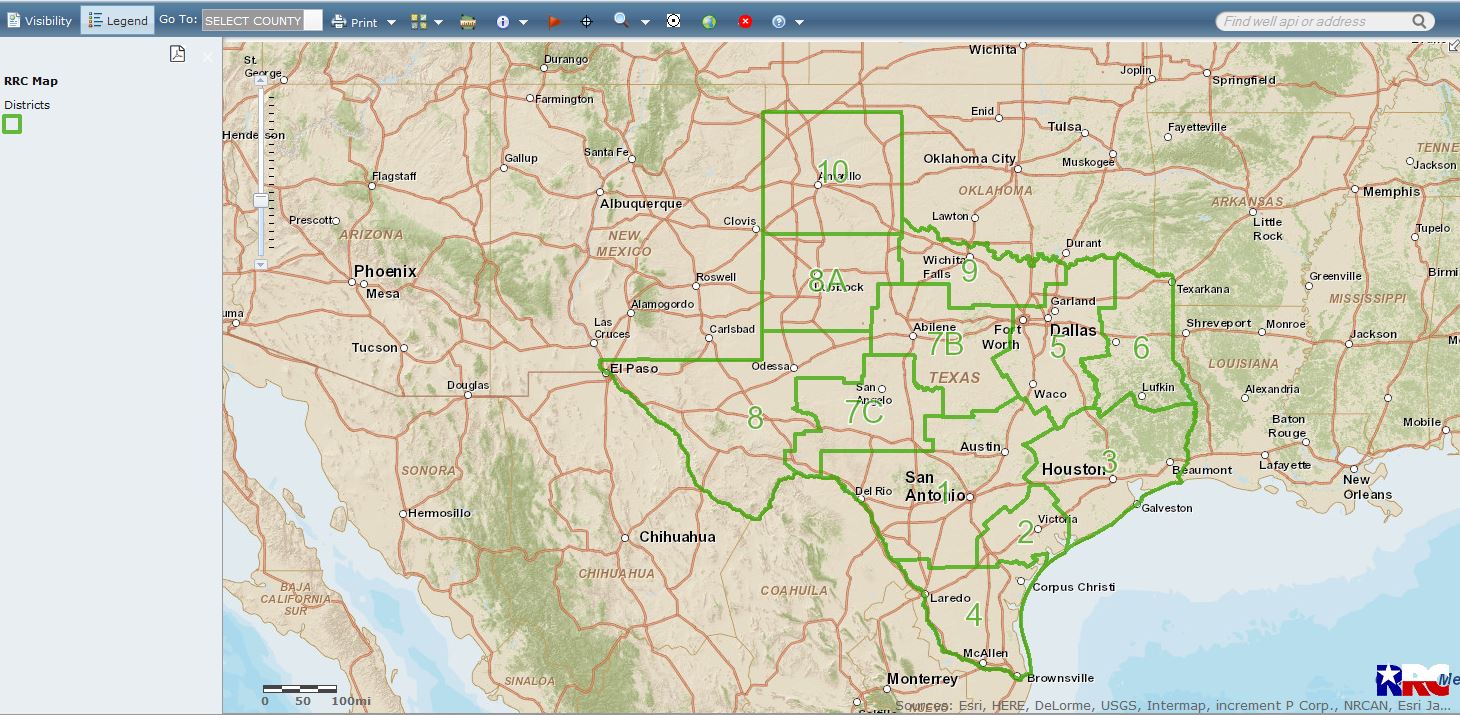On January 29, the Texas Supreme Court issued its opinion in Hysaw v. Dawkins, a unanimous decision with opinion by Justice Guzman. Our firm represents one group of the plaintiffs in the case, which concerns construction of Ethel Hysaw’s will.
Ethel Hysaw had three children: Dorothy, Howard and Inez. Her will, executed in 1947, divided her lands in Karnes County among her three children. She gave one tract to each child. But she divided the royalties on oil and gas differently, and the dispute in the case was over how the will disposed of her royalty interest in the three tracts. The descendants of Dorothy and Howard argued that Ethel’s will divided all oil and gas royalties equally among Dorothy, Howard and Inez. The descendants of Inez argued that Ethel’s will divided a 1/8th royalty equally among her children, but left all other royalties to the child who got the surface of the property. Wells producing from the Eagle Ford shale were drilled on the lands willed to Inez, and the lease signed by Inez’s descendants provides for 22.5% royalty. Inez’s heirs argued that Dorothy and Howard’s descendants each should receive 1/3 of 1/8th royalty, or 4.1666%, from those wells, and that they should receive the rest, .141666%. Dorothy and Howard’s descendants argued that each family should receive 1/3 of the 22.5% royalty, or 7.5% each.
Ethel’s will provided that




